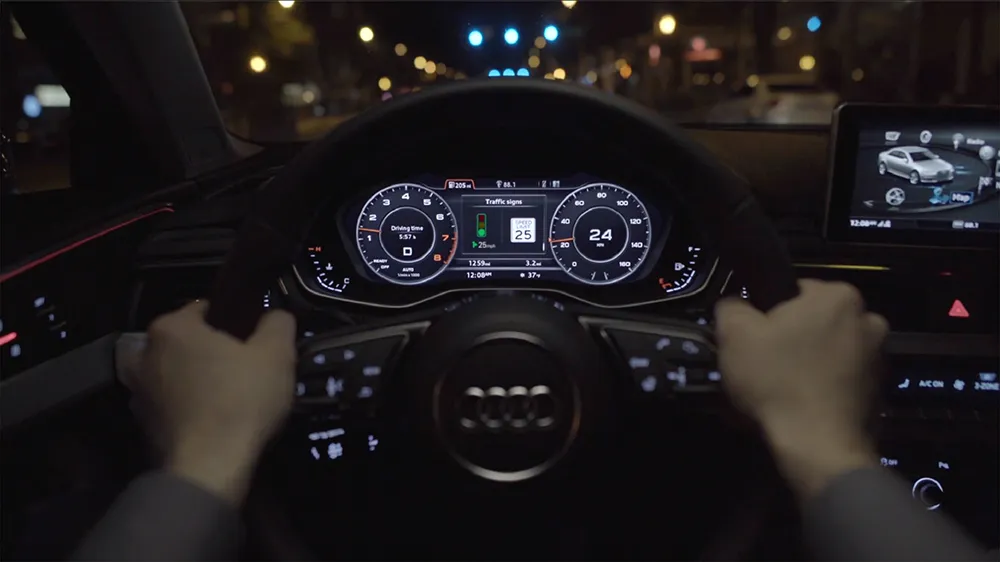Zenith Hygiene Group is saving almost 600 tonnes of CO2 a year with TomTom fleet management technology, enabled by Vodafone, according to independent research. Zenith’s estimated 597-tonne saving was achieved with TomTom’s tracking, navigation and ecoPlus devices installed across its vehicle fleet. The vehicles use Vodafone’s global machine-to-machine services which enable businesses to connect, monitor and manage devices across the world.
August 30, 2012
Read time: 2 mins
Zenith’s estimated 597-tonne saving was achieved with TomTom’s tracking, navigation and ecoPlus devices installed across its vehicle fleet. The vehicles use Vodafone’s global machine-to-machine services which enable businesses to connect, monitor and manage devices across the world.
This saving equates to a 28 per cent reduction in CO2 emissions across its 61-strong lorry fleet – equivalent to 1,000 return lorry trips between London and Manchester, and resulted in a financial return on investment being realised within just three months. The solution has enabled Zenith to track vehicle usage and fuel consumption, while managers and drivers alike have been given an insight into performance behind the wheel. As a result they have been able to minimise incidents of speeding and harsh driving and promote a greener, safer and more efficient fleet operation.
The research was commissioned by Vodafone and undertaken by global sustainability consultancy










